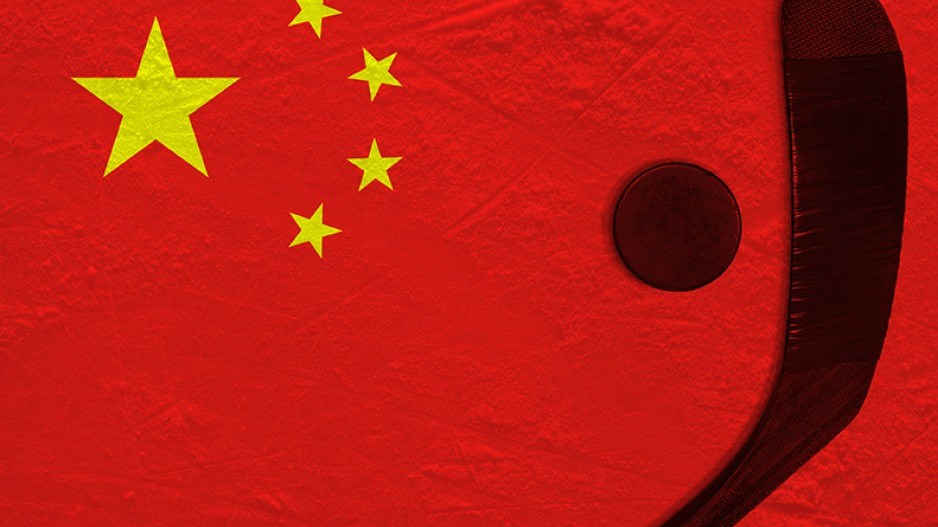Hockey, the sport that periodically pauses play to allow players to fight, is now helping foster diplomatic and business relations between Canada and China.
In its preparations to host the 2022 Winter Olympics, China has asked for Canada’s assistance to help strengthen the country’s hockey culture and its hockey capabilities.
“In terms of winter sports, China has never been very strong, said Linda Qian, postgraduate research fellow for the Asia Pacific Foundation of Canada. “So now that Beijing has won the bid for the 2022 Olympics, it’s really trying to increase the awareness of winter sports, especially the major games like hockey, figure skating and different skiing events. They are hoping to get more youth involved in these sports and have more athletes ready by 2022.”
In September 2015, Vancouver was one of the first cities the Chinese Olympic delegation visited to gain insights about hosting the Games. Earlier this year, China’s national women’s hockey team, the Lady Dragons, played an exhibition tournament called Harmony Through Hockey against four British Columbian teams including the University of British Columbia Thunderbirds. The Lady Dragons also received training from hockey hall of famer Glenn Anderson and former Vancouver Canuck Cliff Ronning. This is all part of an effort by the Canada China Sports Foundation to help China ready itself for the 2022 winter Olympics by tapping into Vancouver’s wealth of hockey knowledge.
Qian said China’s growing hockey fandom can benefit Canadian businesses by creating new market opportunities. Canadian business can provide the new industry with expertise, and Canada has already left its mark on the emerging Chinese hockey industry by sending players to China to run training camps.
“Hockey franchises in Canada can start marketing and promoting hockey in China because the market there isn’t saturated at all, so there’s a lot of space for businesses that are experienced in this to make a footing in China,” Qian said.
Some National Hockey League (NHL) teams – among them the Vancouver Canucks and the Boston Bruins – have already recognized the potential of the untapped hockey market in China and are trying to stake their claim to the emerging industry.
In Canada, Hockey is a $11 billion industry that generates $1billion annually in tourism revenue alone, according to a study by Ohio University commissioned by Scotiabank and Canadian Tire. A growing Chinese fan base could provide international growth potential for hockey-themed businesses in Canada.
According to Qian, much hockey equipment is already produced in China, but there is a lack of distributors within the country to sell the product domestically. Qian says this may present an opportunity for Canadian business to step in.
Canada’s role in the emerging market will likely be more focused on exchanging intellectual and human capital rather than on goods and products. Qian said education, training and logistics including management and promotion are likely the best market opportunities for Canadian businesses.
“You would probably see the growth of hockey as a sport in China as a benefit for any company in Canada that’s making hockey goods or providing services related to hockey because Canada’s actually seen as one of the hockey meccas in the world,” said Justin Elavathil, the Asia Pacific Foundation of Canada’s program manager in charge of trade, investment and innovation.
Qian said China’s growing hockey interest can have benefits for Canada outside of business. She highlighted the opportunity for cultural exchange and co-operation as positive for diplomatic relations.
“I’m sure there will be a bigger push towards China by the NHL given that the NBA has been so successful,” she said. “Even coaches from Italy for soccer have been offered 15 million pounds to coach the Chinese soccer team. So if hockey is really on China’s agenda then I think the NHL could really jump on this opportunity to branch out in China.”




